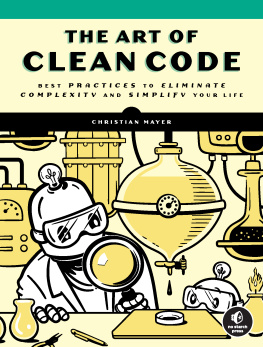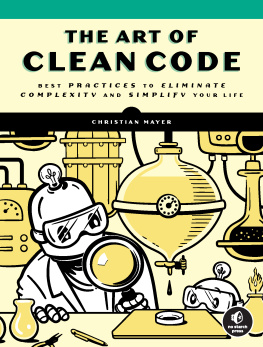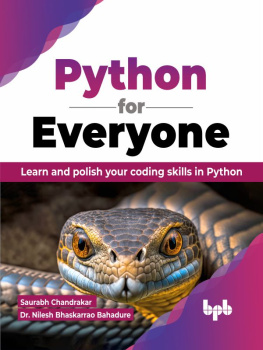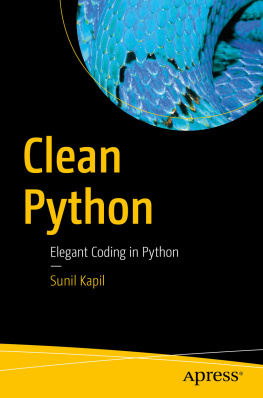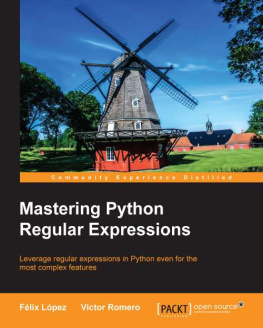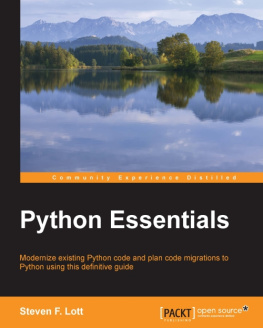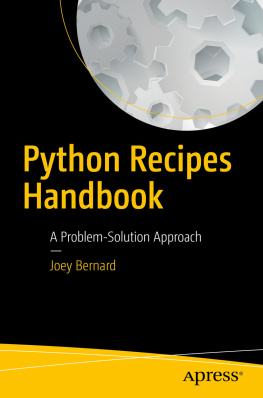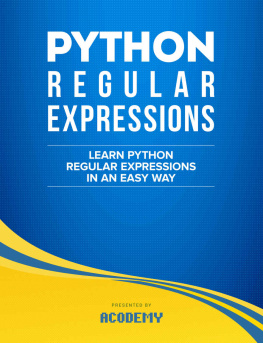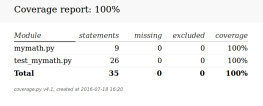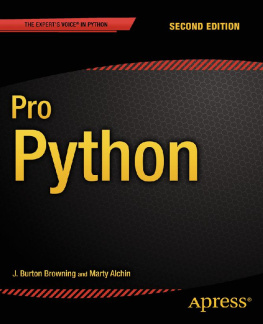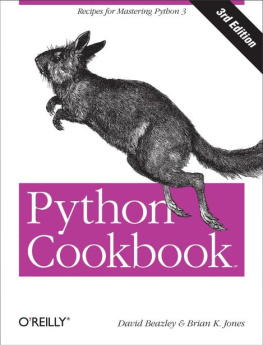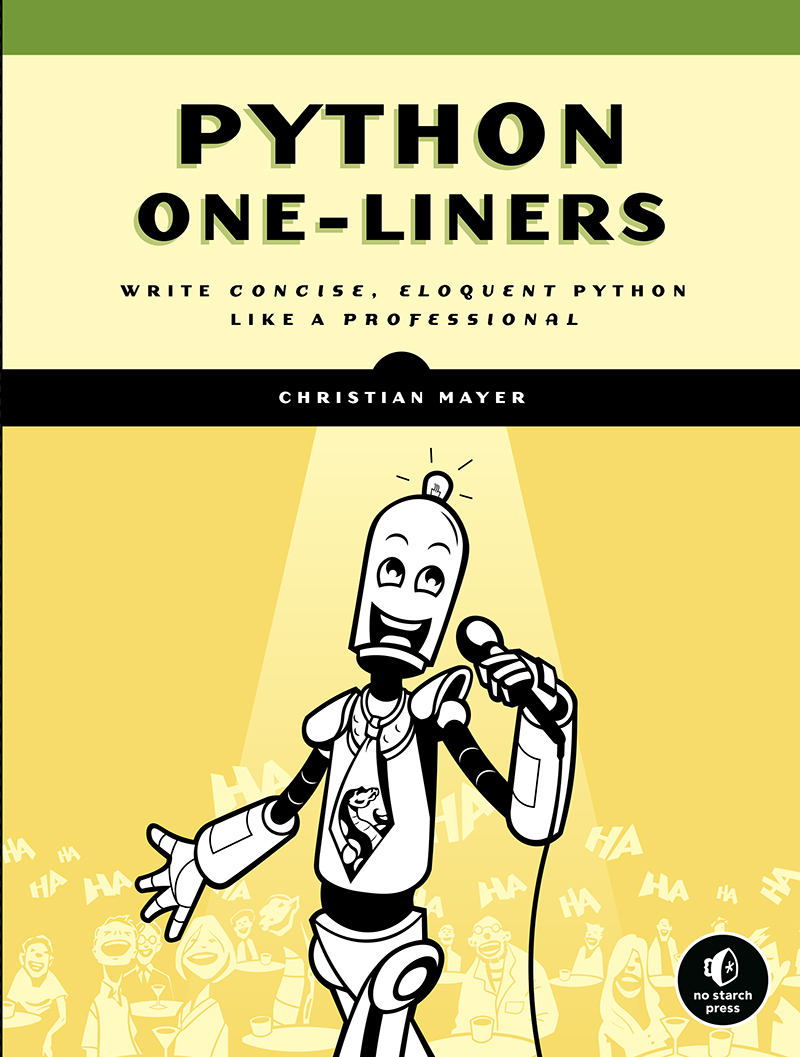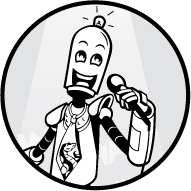ACKNOWLEDGMENTS
The world doesnt need more books; it needs better books. Im incredibly grateful to the people at No Starch Press for putting everything at work toward this philosophy. This book is the result of their invaluable advice, constructive feedback, and hundreds of hours of diligent work. My deep gratitude goes to the No Starch team for making the book-writing process such a fun experience.
In particular, Id like to thank Bill Pollock for inviting me to write this book and for providing me inspiration and deep insights into the publishing world.
Im very grateful for my brilliant content editor, Liz Chadwick, who skillfully, patiently, and eloquently transformed my rough drafts into a much more human-readable form. Its because of her excellent support that the book reached a level of clarity I would have never imagined when starting this project.
I want to express my appreciation to Alex Freed for her relentless focus on improving the text quality. It has been an honor to work together with such a talented editor.
Id like to thank my production editor, Janelle Ludowise, for polishing the book with a great love for every detail. Janelle put her skills to workin a positive and enthusiastic mannerto craft the final version of the book. Thanks, Janelle. Many thanks as well to Kassie Andreadis, who energetically pushed the book through to completion.
My distinctive appreciation goes to Professor Daniel Zingaro. He didnt shy away from investing much of his time, effort, and excellent computer science skills into eradicating inaccuracies from the book. He also contributed many wonderful suggestions that brought clarity to the book. Without his effort, the book would not only contain more bugs but also be harder to read. That said, any inaccuracies that remain are my own.
My doctorate supervisor, Professor Rothermel, contributed indirectly to this book by investing considerable time, skill, and effort into my computer science education. I owe him my deepest gratitude and appreciation.
Im forever grateful to my beautiful wife, Anna Altimira, who keeps listening to, encouraging, and supporting even my wildest ideas. Im also thankful to my kids, Amalie and Gabriel, for their inspiring curiosity and the happiness they bring to my life through thousands of smiles.
Lastly, the greatest source of motivation came from the active members of the Finxter community. First and foremost, Ive written this book for ambitious coderslike youwho want to advance their coding skills and solve practical problems in the real world. After long working days, it was grateful emails from Finxter members that encouraged me to write more sections of the book.
INTRODUCTION
With this book, I want to help you become a Python expert. To do this, were going to focus on Python one-liners: concise, useful programs packed into a single line of Python. Focusing on one-liners will help you read and write code faster and more concisely, and will improve your understanding of the language.
There are five more reasons I think learning Python one-liners will help you improve and are worth studying.
First, by improving your core Python skills, youll be able to overcome many of the small programming weaknesses that hold you back. Its hard to make progress without a profound understanding of the basics. Single lines of code are the basic building block of any program. Understanding these basic building blocks will help you master high-level complexity without feeling overwhelmed.


